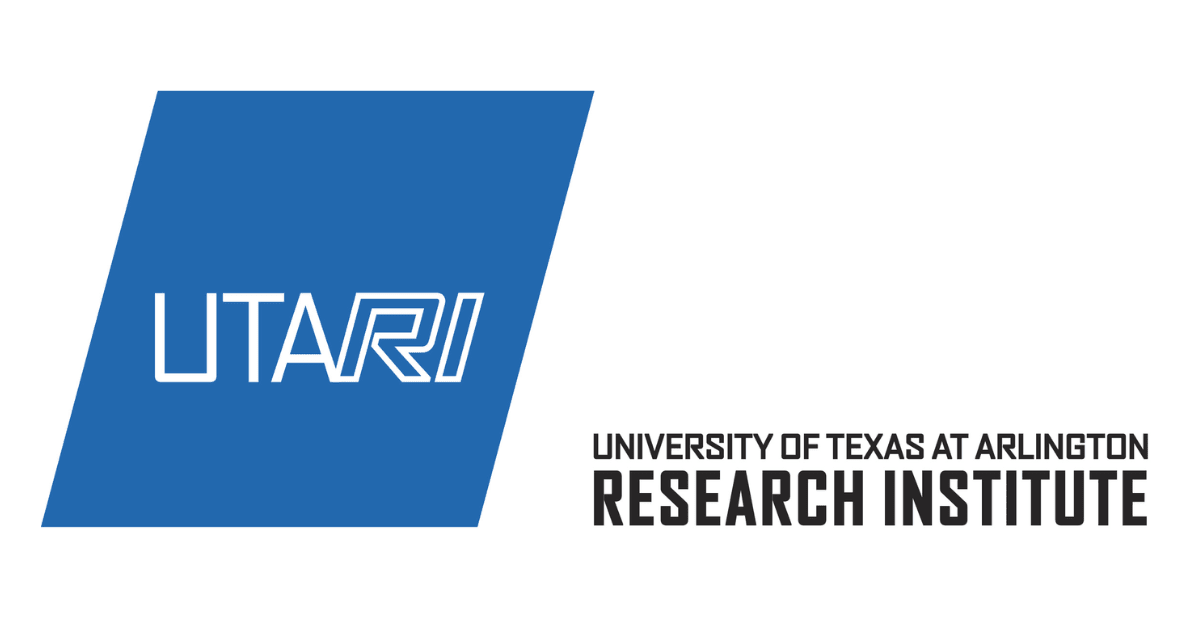
UTARI Team Designs New CPAP Machine
Continuous Positive Airway Pressure (CPAP) therapy is a vital, non-invasive treatment for preterm infants with respiratory distress syndrome (RDS). Yet, extended use of CPAP nasal prongs can place pressure on fragile nasal tissues, sometimes causing septal damage, tissue necrosis, or long-term nasal deformities. To address this challenge, an interdisciplinary team of researchers from Mechanical and Aerospace Engineering, Bioengineering, Computer Science, and Nursing—led by graduate students Rowa Hamdan and Le Hoang and mentored by Dr. Liping Tang and Dr. Shiyao Lin—is developing innovative solutions using 3D modeling, simulation, and wearable sensing technology. Their proposed Wearable Sensor and Digital Twinning (WSDT) system will monitor and assess nasal stresses in preterm infants, providing a low-cost, reusable tool to help prevent nasal injuries and improve neonatal care outcomes.
UTARI Team Designs New CPAP Machine
